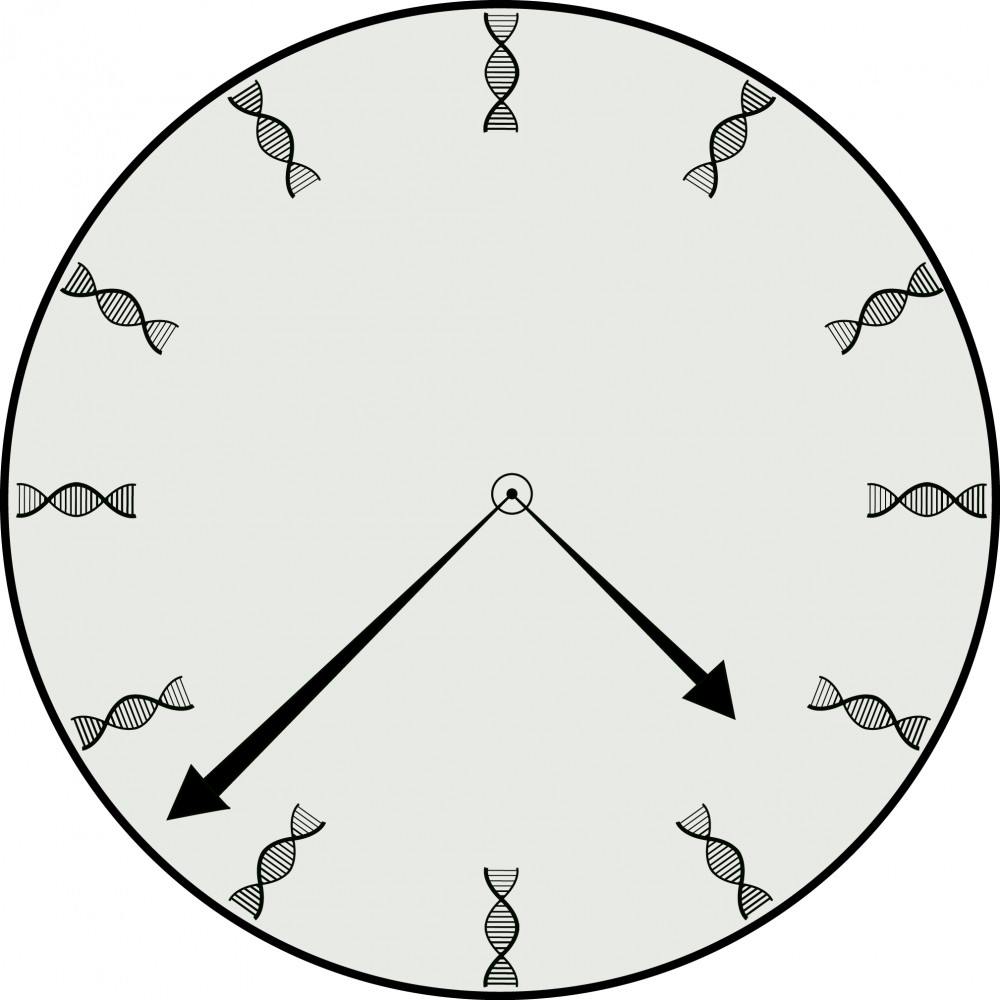Indiana lawmakers debated last Wednesday about how police collect and keep DNA samples from suspected criminals.
The Indiana Senate recently passed Senate Bill 322, which would allow police to take DNA evidence from anyone arrested for a felony, regardless of whether they are charged, and keep it for up to a year.
Though this bill has a chance at helping law enforcement catch criminals who come to Indiana from other states, it is ultimately too invasive.
Proponents of the bill like Chris Naylor, assistant executive director of the Indiana Prosecuting Attorneys Council, argue that the 30-day window to hold DNA evidence without a charge is simply too short. Naylor said “it takes time to get the charges filed” in reference to felony arrests.
Though a 30-day window can seem a bit small, we must consider that this time frame is only to file a charge. If law enforcement has powerful DNA evidence and still can’t muster up a case in 30 days, we have an inefficient policing system.
Those in favor of the bill also cite cases like that of Damione A. Wilcoxson, who was arrested last year in Ohio.
The Ohio police took a DNA sample from Wilcoxson when he was arrested, and this DNA was later linked him to the unsolved murder of an elderly man in Zionsville, Indiana.
Though expanded DNA sampling could help law enforcement in isolated cases like this, the Editorial Board believes that it is simply too much of an invasion of privacy for the average, innocent person.
Jay Stanley of the American Civil Liberties Union doesn’t think it’s right for the police to expand biometric data collection, as it’s easy for the government to abuse the power associated with DNA identification. He says that as this kind of technology “becomes cheaper and easier to use, it is inevitably abused and over-used.”
The Editorial Board could not agree more. DNA evidence is powerful. Senate Bill 322 and its counterpart House Bill 1577 are inching Hoosiers closer to a reality where police can be freely overbearing with DNA sampling.
We do not want anyone else having a sample of our DNA without sufficient reason. And if the police do need to take biometric evidence from a person, they should bear the responsibility of either charging the individual or destroying the collected sample in a timely manner.
It’s important to note that for a DNA sample to be destroyed under these proposed Indiana bills, an individual must specifically request for the police to get rid of it. Law enforcement has no requirement to destroy the samples autonomously after any period of time.
DNA evidence has been revolutionary to the law enforcement process. However, it is the responsibility of police to gather and store this evidence as unobtrusively as possible.
If Indiana expands its DNA collecting and storing methods as currently proposed, it will chiefly serve to invade privacy.




